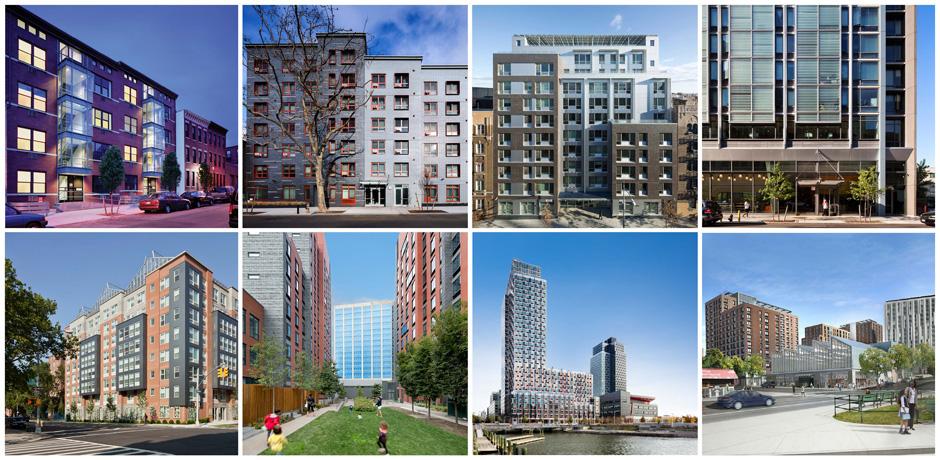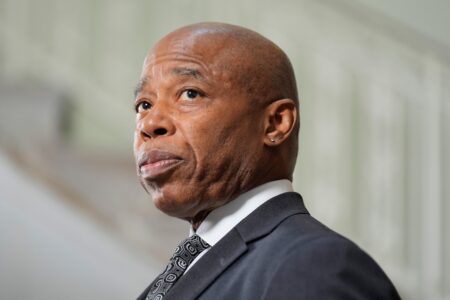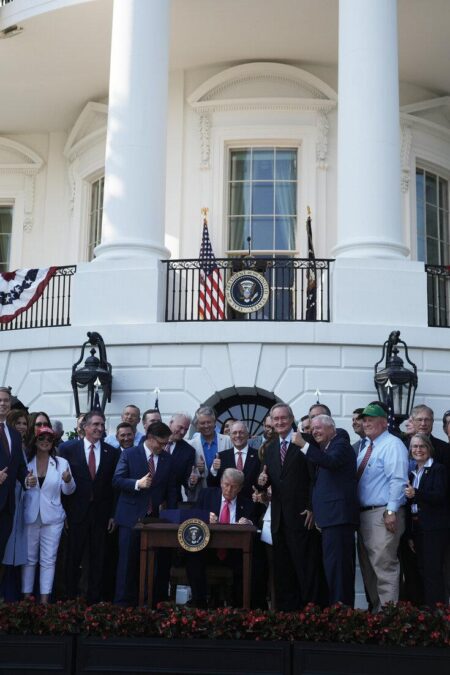Innovative Approaches to Affordable Housing Expansion and Voter Engagement in New York City
Comprehensive Efforts to Boost Affordable Housing Availability
New York City leaders and housing advocates recently convened to explore forward-thinking strategies aimed at substantially increasing the stock of affordable housing throughout the city. Central to these discussions were proposals to reform zoning laws, offer tax incentives to private developers, and simplify the approval process for affordable housing projects. Panelists stressed the importance of both safeguarding existing affordable units and fostering public-private collaborations to finance new developments, particularly in neighborhoods historically underserved by housing investments.
Simultaneously, the panel emphasized the necessity of enhancing voter turnout for the upcoming charter revision referendum, which could enable these housing reforms. To encourage greater electoral participation, the group proposed several initiatives, including:
- Targeted outreach campaigns in communities with historically low voter engagement.
- Educational initiatives designed to clarify how the referendum impacts housing policy.
- Leveraging digital platforms such as social media to increase awareness and motivate voters.
| Approach | Anticipated Outcome |
|---|---|
| Flexible Zoning Regulations | Faster project completion |
| Developer Tax Incentives | Greater private sector investment in affordable housing |
| Voter Mobilization Programs | Improved referendum approval rates |
Reimagining Zoning Policies to Accelerate Housing Development
Urban planners and housing specialists have underscored the critical role of zoning reform in unlocking new opportunities for affordable housing construction, especially for low- and moderate-income residents. Current zoning restrictions in many NYC neighborhoods limit building heights, prohibit mixed-use developments, and enforce parking minimums that drive up construction expenses. By easing these constraints, experts argue, developers could more rapidly build multi-family residences and foster diverse, inclusive communities.
The panel is reviewing several targeted reforms aimed at dismantling systemic obstacles through legislative changes and charter amendments. Key proposals include:
- Increasing allowable density along transit corridors to maximize land use.
- Removing mandatory parking minimums to lower development costs.
- Offering tax breaks to encourage mixed-income housing projects.
- Streamlining permitting and approval processes to reduce delays.
These reforms are designed not only to expedite the delivery of affordable housing but also to foster a political climate that encourages wider voter participation, linking housing security with civic engagement.
| Reform Proposal | Projected Impact | Focus Area |
|---|---|---|
| Densification in Transit Zones | 30% increase in housing units | Subway-adjacent neighborhoods |
| Elimination of Parking Minimums | 15% reduction in construction costs | Citywide |
| Tax Incentives for Mixed-Income Housing | Growth in affordable housing stock | Diverse neighborhoods |
| Accelerated Permitting | 40% faster project approvals | All boroughs |
Strategies to Amplify Voter Engagement in Municipal Elections
Recognizing the vital role of voter participation in shaping equitable governance, city officials and community leaders are exploring novel methods to increase turnout in local elections. Proposed measures include extending early voting periods to better accommodate varied schedules, deploying mobile polling stations in marginalized neighborhoods, and launching comprehensive voter education campaigns that emphasize the significance of local government decisions.
Moreover, the panel is considering incentives on election day, such as discounted public transit fares and community-centered events, to create a more inviting and festive voting atmosphere. The following table summarizes these initiatives and their expected benefits:
| Initiative | Expected Benefit | Target Demographic |
|---|---|---|
| Extended Early Voting | Improved access | Working adults |
| Mobile Voting Stations | Greater convenience and inclusion | Low-income communities |
| Voter Education Programs | More informed electorate | Youth and first-time voters |
| Public Transit Discounts | Lowered travel barriers | All voters |
| Community Voting Events | Enhanced civic engagement | General population |
Streamlining Approvals and Enhancing Community Involvement Through Charter Revisions
The panel has put forward a series of recommendations aimed at expediting the approval process for affordable housing developments, addressing the bureaucratic delays that have long hindered progress in one of the nationŌĆÖs most critical housing markets. Proposed actions include:
- Reducing the number of mandatory public hearings while maintaining transparency.
- Simplifying zoning amendment procedures to eliminate unnecessary red tape.
- Setting definitive timelines for agency reviews to avoid indefinite postponements.
These reforms are part of a broader vision to accelerate housing construction while ensuring projects meet the diverse needs of New Yorkers. Additionally, the panel is advocating for electoral reforms to boost voter participation, such as:
- Implementing automatic voter registration linked to city services.
- Expanding early voting periods and easing absentee ballot requirements.
- Launching targeted outreach programs in historically underrepresented communities.
Looking Ahead: Anticipated Impact of Proposed Reforms
As the New York City panel advances its review of charter amendments focused on expanding affordable housing and increasing voter turnout, the potential policy shifts could profoundly influence the cityŌĆÖs social and political landscape. Residents and stakeholders are eagerly awaiting the panelŌĆÖs final recommendations, expected in the near future, which may set the stage for transformative reforms that address the cityŌĆÖs housing crisis while invigorating democratic participation.













